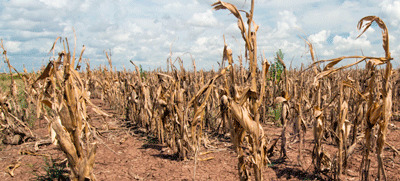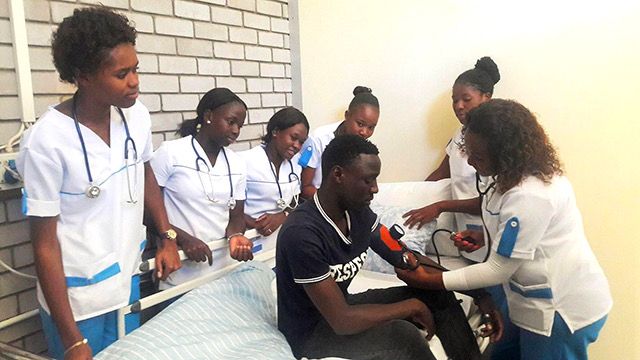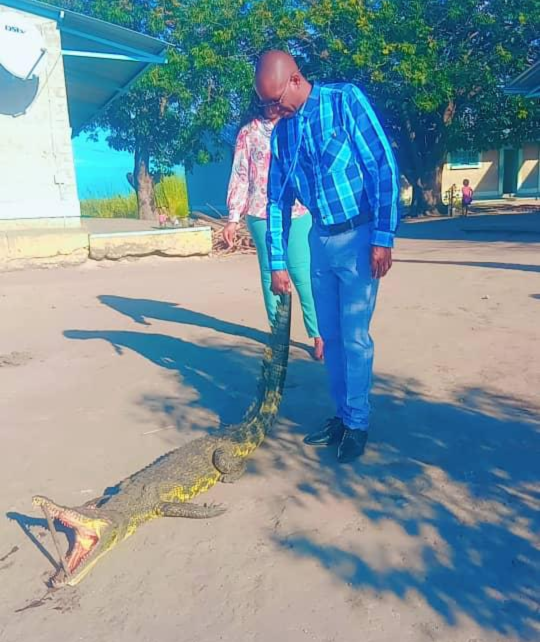The United Nations has made US$3 million (roughly N$53 million) available through the UN Central Emergency Relief Fund to support Namibia’s response to the ongoing drought crisis.
The funds are to complement the government’s drought response plan, scaling up lifesaving interventions to reach vulnerable households in severely drought-affected locations.
According to a UN press release, the intervention not only addresses the immediate crisis but also lays the foundation for long-term resilience, focusing on strengthening local supply chains, enhancing nutritional knowledge, and building community feedback mechanisms.
The intervention will be implemented by the World Food Programme, Unicef and the UN Population Fund for a duration of six months, targeting approximately 163 000 people across the following sectors: food assistance, nutrition, water, sanitation, and hygiene, and
protection from gender-based violence.
Namibia is currently facing one of its most severe droughts, exacerbated by the El Niño climate pattern, which has impacted agriculture and food security across the country.
This crisis threatens the livelihoods of communities, particularly in the Omaheke, Kavango East, and Kavango West regions, where indicators point to an emergency in terms of food insecurity.
Stay informed with The Namibian – your source for credible journalism. Get in-depth reporting and opinions for
only N$85 a month. Invest in journalism, invest in democracy –
Subscribe Now!










